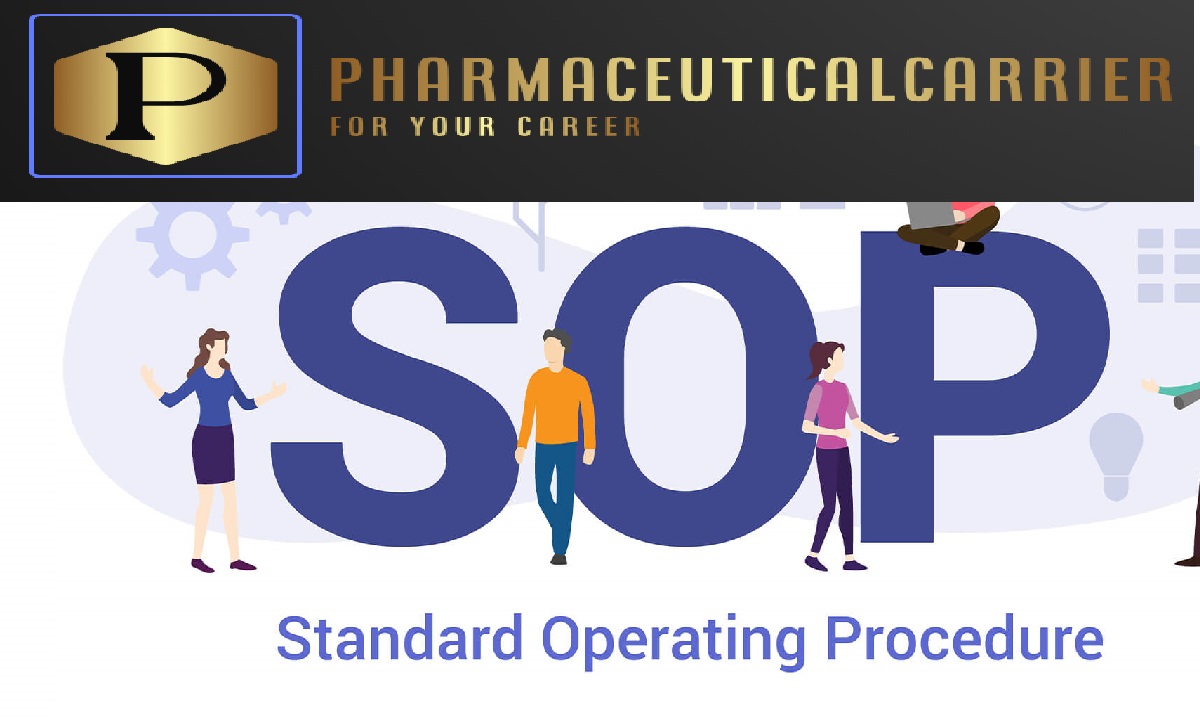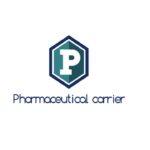I. Purpose of Procedures for Validating and Verifying the Performance of Established HPLC Methods
The purpose of this Standard Operating Procedure (SOP) on Procedures for Validating and Verifying the Performance of Established HPLC Methods is to define the procedures for validating and verifying the performance of established High-Performance Liquid Chromatography (HPLC) methods to ensure accuracy, precision, and reliability in analytical results.
II. Scope of Procedures for Validating and Verifying the Performance of Established HPLC Methods
This SOP on Procedures for Validating and Verifying the Performance of Established HPLC Methods applies to all personnel responsible for the use and validation of HPLC methods within [Your Organization’s Name].
A. Validation of HPLC Methods
1. Method Transfer
a. Document Method Details
- Gather complete details of the established HPLC method, including instrumentation, column, mobile phase, and detection parameters.
b. Verify Method Compatibility
- Confirm the compatibility of the established method with the HPLC system to be used for validation.
2. System Suitability Testing
a. Set System Suitability Criteria
- Define criteria for system suitability, including retention time, peak symmetry, resolution, and reproducibility.
b. System Suitability Testing
- Perform system suitability tests using the established method to ensure consistent and acceptable results.
3. Calibration Standards
a. Prepare Calibration Standards
- Prepare a set of calibration standards covering the expected concentration range, adhering to the established method.
b. Analytical Run
- Inject calibration standards and analyze to confirm linearity, accuracy, and precision.
4. Specificity and Selectivity
a. Evaluate Selectivity
- Assess the method’s selectivity by analyzing known impurities or potential interferences.
b. Document Results
- Record results to confirm the method’s ability to distinguish between analytes and impurities.
5. Precision and Accuracy
a. Intra-Day and Inter-Day Precision
- Conduct precision studies by analyzing multiple replicate injections within the same day (intra-day) and across different days (inter-day).
b. Accuracy Assessment
- Assess accuracy by comparing the measured values to known reference values (e.g., standard reference materials).
6. Robustness
a. Identify Critical Method Parameters
- Identify critical method parameters that may affect the results, such as flow rate or column temperature.
b. Robustness Testing
- Evaluate the method’s robustness by intentionally varying critical parameters and assessing their impact on results.
B. Verification of Method Performance
1. Routine Testing
a. Regular Analysis
- Perform routine analysis using the established HPLC method for ongoing verification.
b. Data Collection
- Collect and review data to monitor the method’s performance over time.
2. Deviation Investigation
a. Non-Conformance
- Address any non-conformance or deviations from the established method’s performance criteria.
b. Root Cause Analysis
- Conduct a root cause analysis to identify reasons for deviations and take corrective actions.
III. Conclusion
By following these procedures for validating and verifying the performance of established HPLC methods, [Your Organization’s Name] ensures the accuracy and reliability of analytical results. All personnel responsible for HPLC method validation and routine testing are required to adhere to these procedures.
For more articles, Kindly Click here.
For pharmaceutical jobs, follow us on LinkedIn
For Editable SOPs in word format contact us on info@pharmaceuticalcarrier.com
For more information kindly follow us on pharmaguidelines.co.uk
Pharmacareer team is a team of Experts from every department of Pharmaceutical industry having enriched experience. Experts have work experience of many multinational pharmaceutical industries worldwide.


